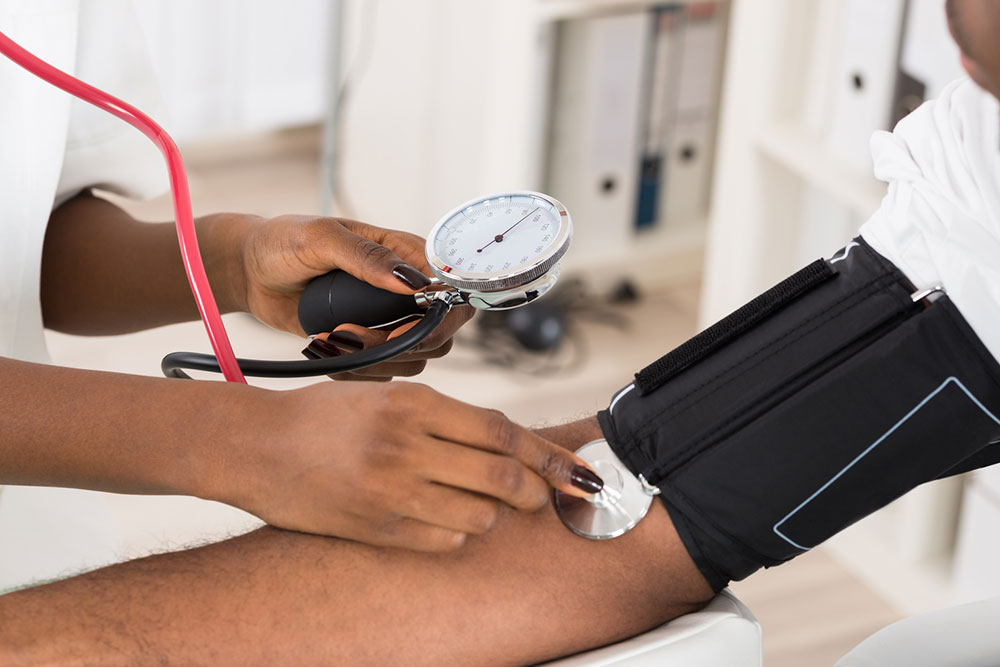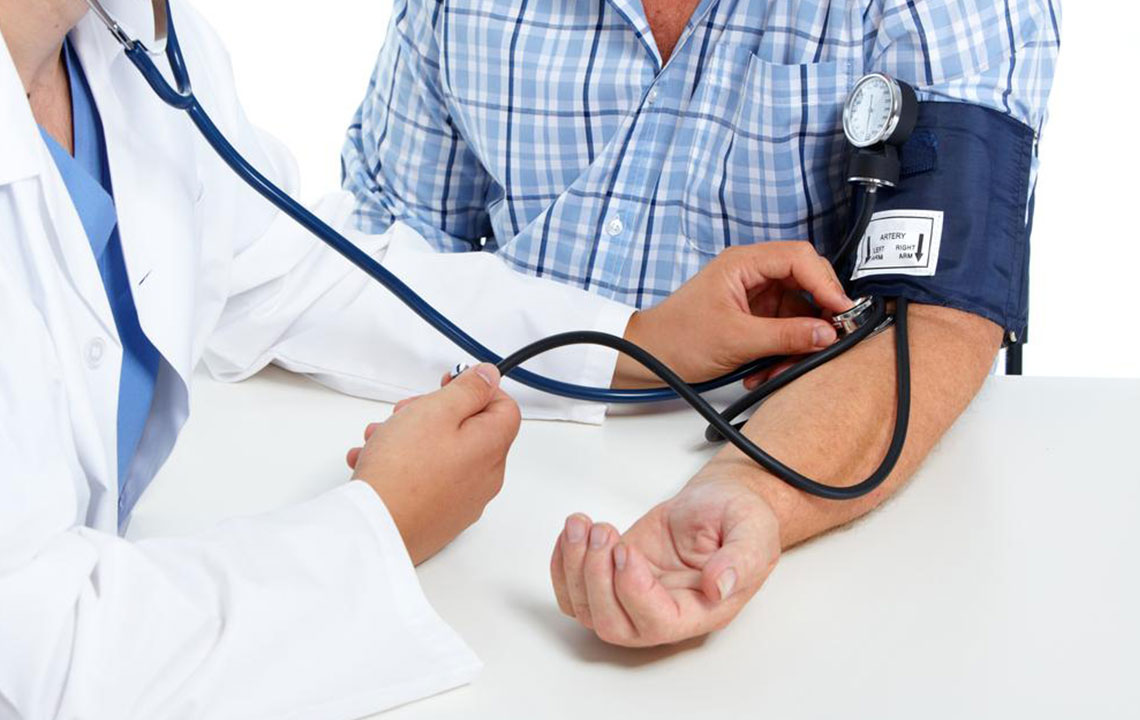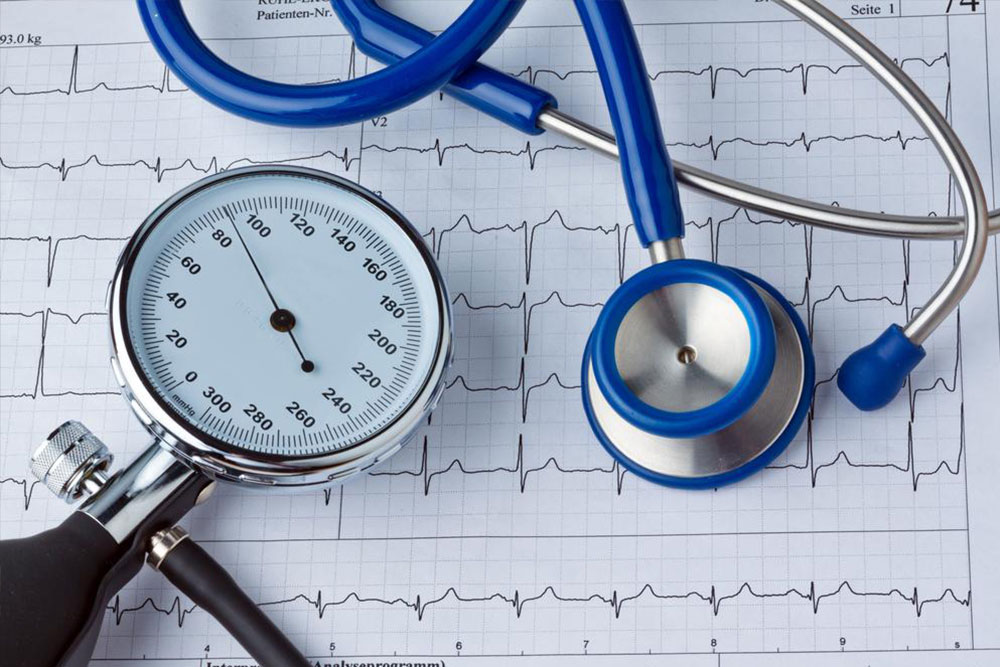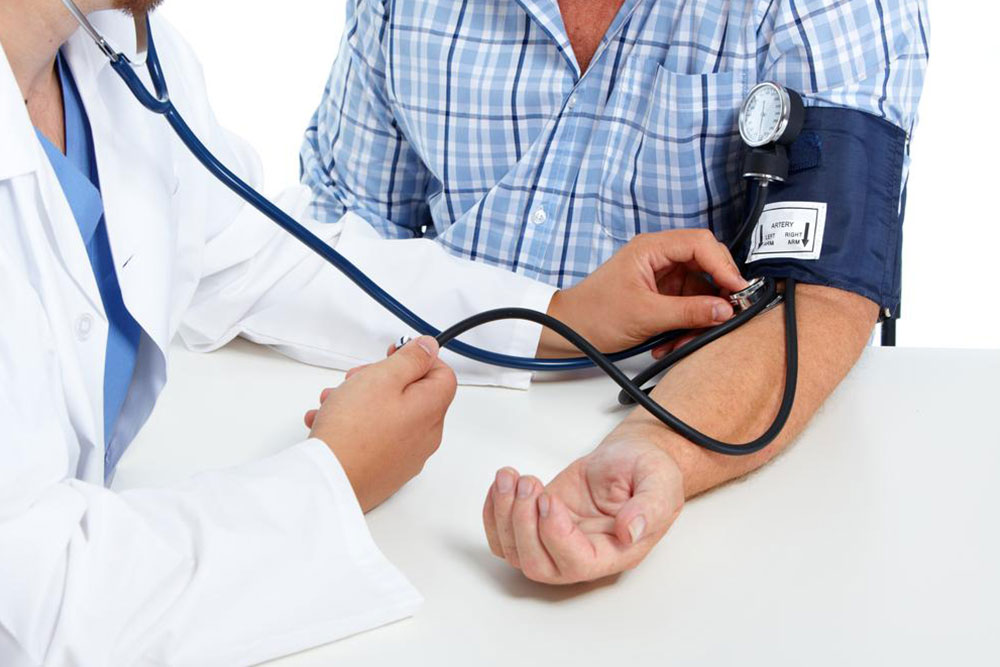Comprehensive Lifestyle Modifications to Naturally Lower High Blood Pressure
Explore effective lifestyle strategies to naturally reduce high blood pressure through dietary modifications, herbal teas, hydration, and exercise. Discover practical tips like minimizing salt intake, drinking hibiscus tea, and consuming coconut water to enhance cardiovascular health. Embrace a holistic approach for sustainable blood pressure management and improved well-being.
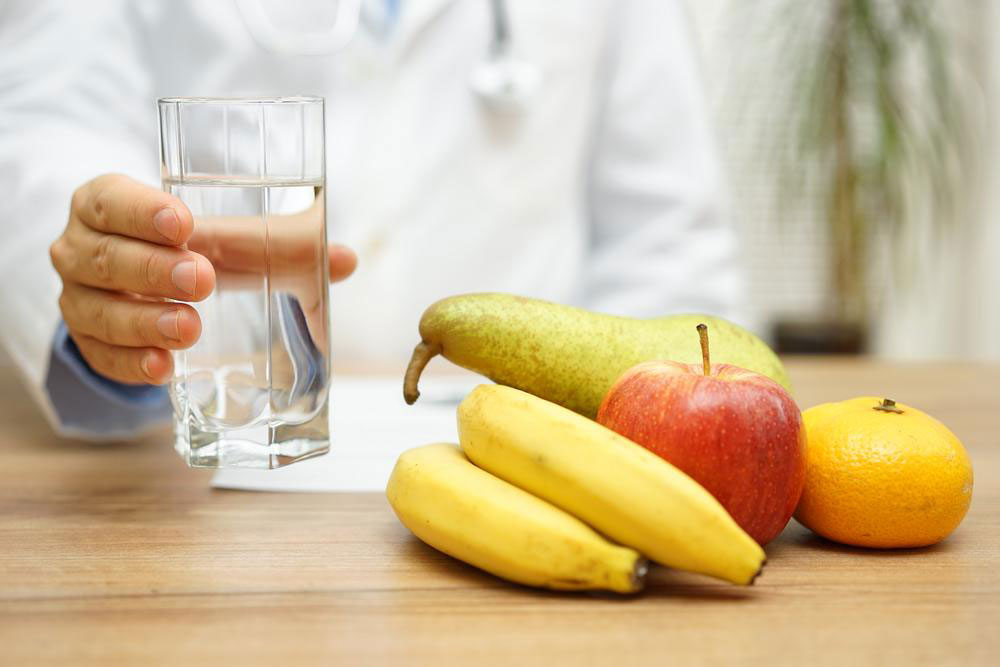
Comprehensive Lifestyle Modifications to Naturally Lower High Blood Pressure
High blood pressure, also known as hypertension, is a prevalent health condition affecting millions worldwide. It exerts excessive force on the arteries, which over time can cause serious cardiovascular issues such as heart attacks, strokes, and kidney problems. While medications are often prescribed to manage high blood pressure, adopting healthy lifestyle habits is essential for sustainable control and overall well-being. By understanding and implementing key dietary strategies and physical activity routines, individuals can effectively lower their blood pressure levels naturally, reducing dependence on medication and enhancing their quality of life.
Minimize Salt Intake for Better Heart Health
One of the most impactful steps you can take is reducing your salt consumption. Sodium, the main component of table salt, plays a significant role in elevating blood pressure levels. Excessive salt intake causes your body to retain more water, increasing the volume of blood in circulation and forcing your heart to work harder. This heightened workload can strain your arteries, leading to damage over time. To manage salt intake effectively, consider avoiding processed foods, fast food, and snacks that are often loaded with hidden salt. Instead, prepare meals at home, using herbs, spices, and natural flavorings to enhance taste without relying on salt. Reading food labels carefully will help you identify high-sodium products. Incorporating a diet rich in fresh fruits, vegetables, lean proteins, and whole grains creates a nutrient-dense, low-sodium meal plan that promotes healthier blood pressure levels.
Harness the Power of Hibiscus Tea
Hibiscus tea has gained popularity as a natural remedy for hypertension. Rich in antioxidants and phytochemicals, hibiscus flowers help regulate blood pressure by acting as natural diuretics, which promote sodium excretion and decrease blood volume. Additionally, hibiscus has properties similar to ACE inhibitors—medications used to lower blood pressure—by relaxing blood vessel walls and improving blood flow. To prepare this beneficial tea, steep two teaspoons of dried hibiscus flowers in boiling water for five minutes. Strain and enjoy the tea hot or cold. Adding a slice of lemon and a teaspoon of honey not only enhances flavor but also provides additional health benefits. Incorporating hibiscus tea into your daily routine can be a simple, enjoyable way to support your cardiovascular health naturally.
Stay Hydrated with Fresh Coconut Water
Another natural approach to controlling blood pressure involves consuming coconut water regularly. This refreshing beverage is packed with magnesium, potassium, and other electrolytes vital for maintaining normal muscle contractions and heart function. Consuming a glass of fresh coconut water in the morning can help regulate systolic blood pressure and prevent dehydration—a common factor contributing to elevated blood pressure levels. Unlike sugary sports drinks or sodas, coconut water offers a pure, low-calorie hydration option that provides essential nutrients supporting healthy blood vessels. Including coconut water as part of your daily hydration routine can contribute significantly to your cardiovascular health and overall vitality.
Beyond dietary adjustments, incorporating regular physical activity such as walking, swimming, or cycling is crucial in managing hypertension. Engaging in at least 150 minutes of moderate exercise each week can strengthen your heart, improve blood circulation, and help maintain a healthy weight—all important factors in controlling blood pressure. Reducing stress through mindfulness practices, yoga, or meditation can further enhance your efforts to lower hypertension levels. Avoiding smoking and limiting alcohol consumption are additional lifestyle modifications that positively influence blood pressure management. Adopting a holistic approach that combines diet, exercise, stress management, and healthy habits can empower you to take control of your blood pressure naturally. Remember, consultation with healthcare professionals is recommended before making significant lifestyle changes, especially if you have existing health conditions.
